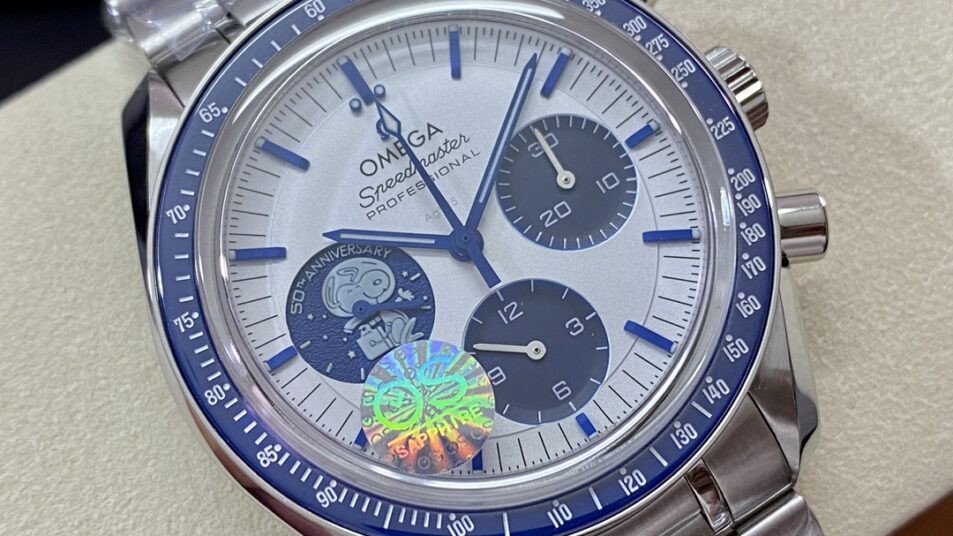Do Swiss Watches Use Chinese Parts?
The simple answer is yes, to an extent. While Swiss watches are predominantly made in Switzerland and are crafted to the highest standards, it’s true that many Swiss watch companies source certain components from other countries, including China. However, this does not diminish the overall quality or reputation of Swiss watches. Let’s take a closer look at how and why this happens.
In today’s globalized economy, no single country manufactures every part of a complex product like a watch entirely in-house. Swiss watchmaking brands, known for their exceptional mechanical movements and meticulous attention to detail, do indeed source some components from other regions, including China, because of cost, efficiency, and specialization in certain materials or technologies.
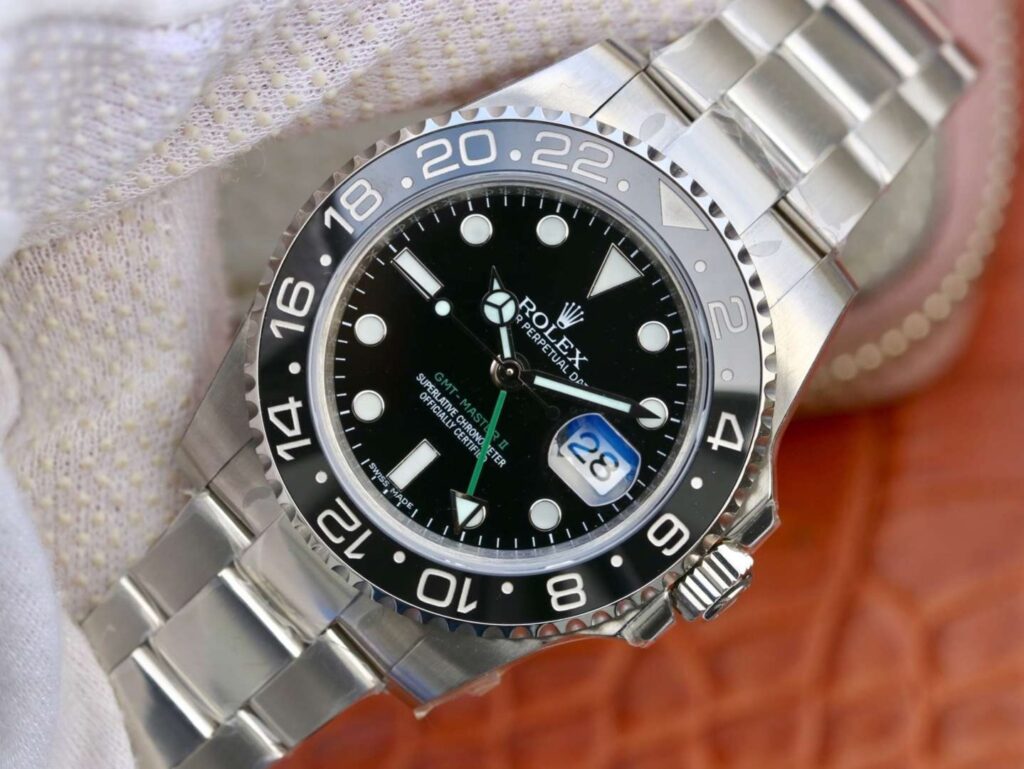
For instance, components such as movements, crystals, batteries, and straps might be sourced from different parts of the world, including China. Chinese manufacturers are known for producing high-quality, cost-effective parts, particularly when it comes to materials like silicon (used in some movements), ceramics, and steel. Additionally, many watch straps, especially rubber, leather, and synthetic varieties, may be produced in Chinese factories due to the advanced production techniques available there.
One of the most important elements of a Swiss watch is its movement. Many of the high-end Swiss watch brands, such as Rolex, Patek Philippe, and Omega, still produce their own movements in-house or in Swiss factories. However, lower-end or more affordable cheap replica watches may opt to source movements from external suppliers. This is where Chinese parts come into play.
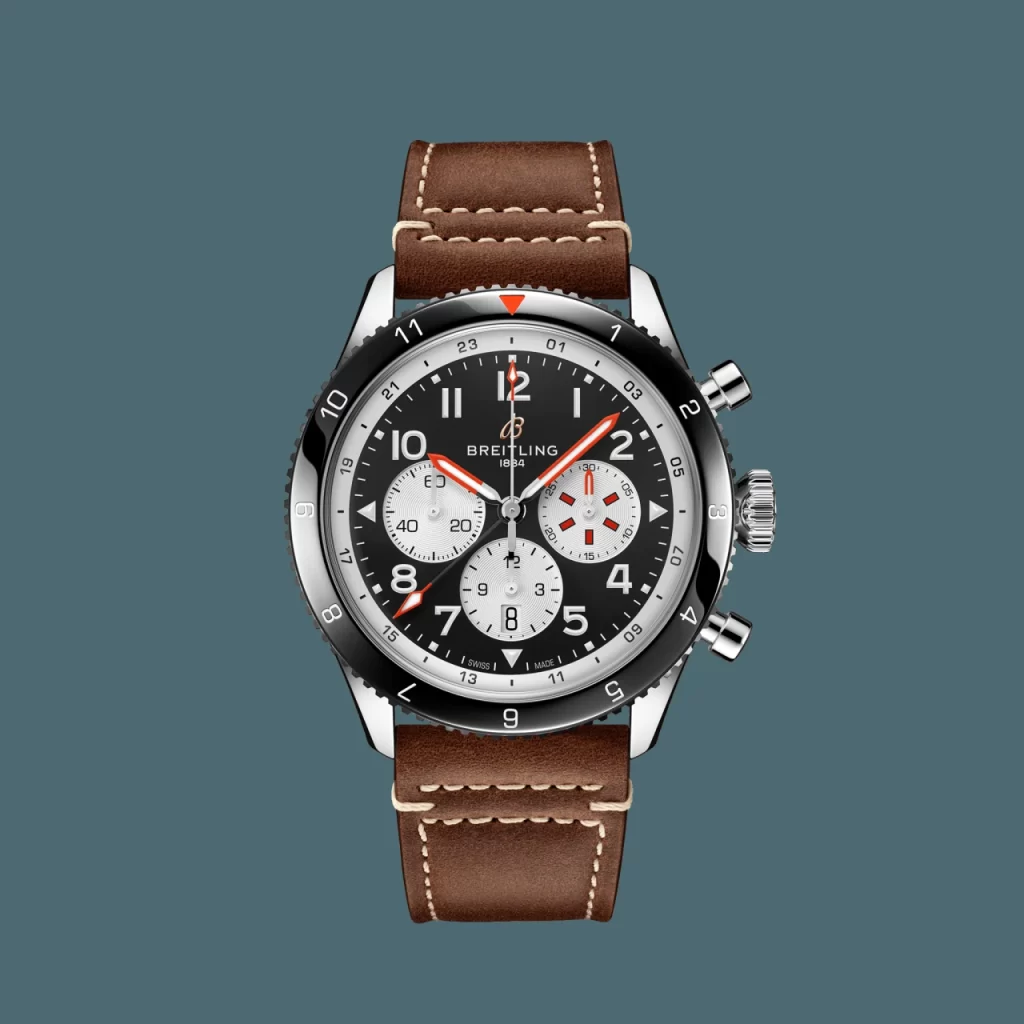
It’s worth noting that Swiss brands that use Chinese movements are still assembled in Switzerland, and the finished product still undergoes stringent quality control and testing. The final watch often bears the prestigious “Swiss Made” label, as long as a significant portion of the manufacturing process (like assembly, final inspection, and movement assembly) occurs in Switzerland.
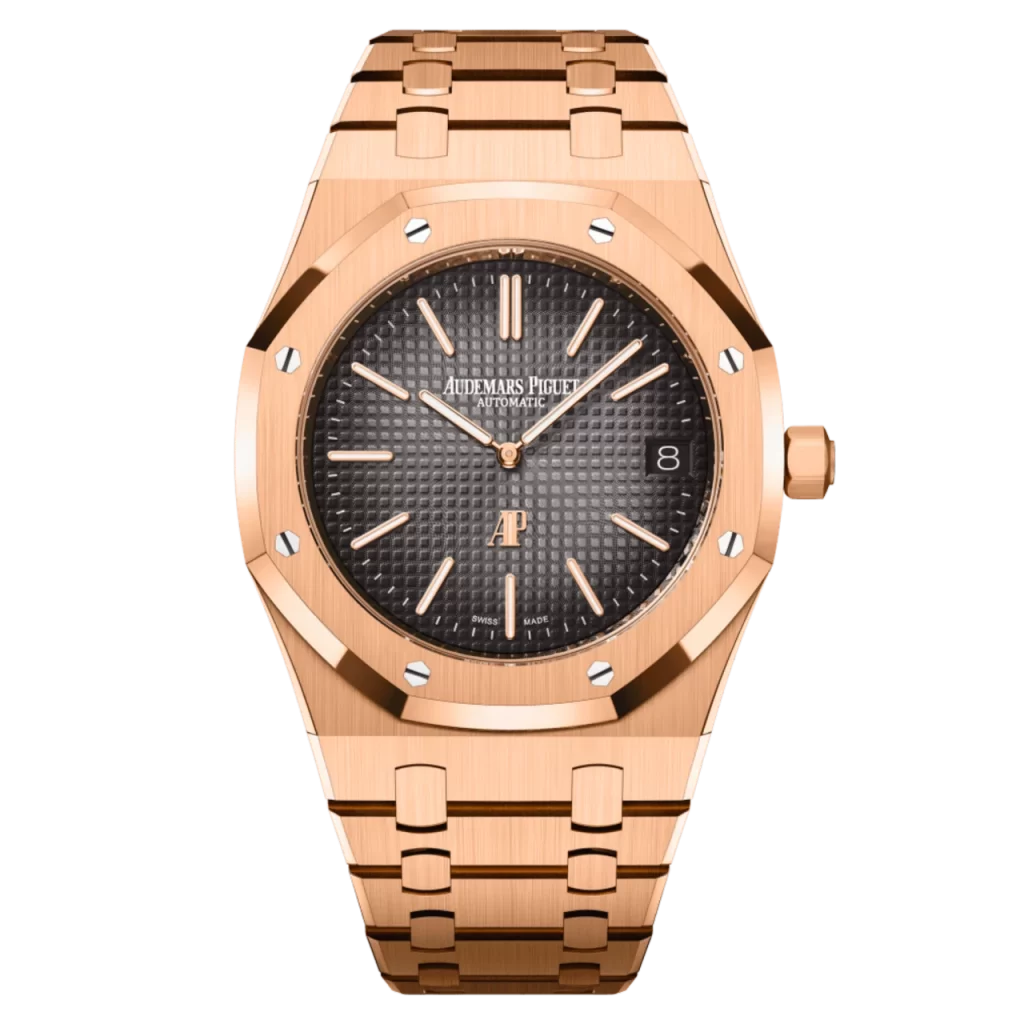
Swiss watchmaking remains synonymous with quality and luxury. While some parts are sourced from China or other countries, Swiss watchmakers maintain rigorous standards for quality control, and the watches themselves undergo intensive checks and fine-tuning in Switzerland. This ensures that even if some components originate from abroad, the finished product meets the high standards associated with Swiss craftsmanship.
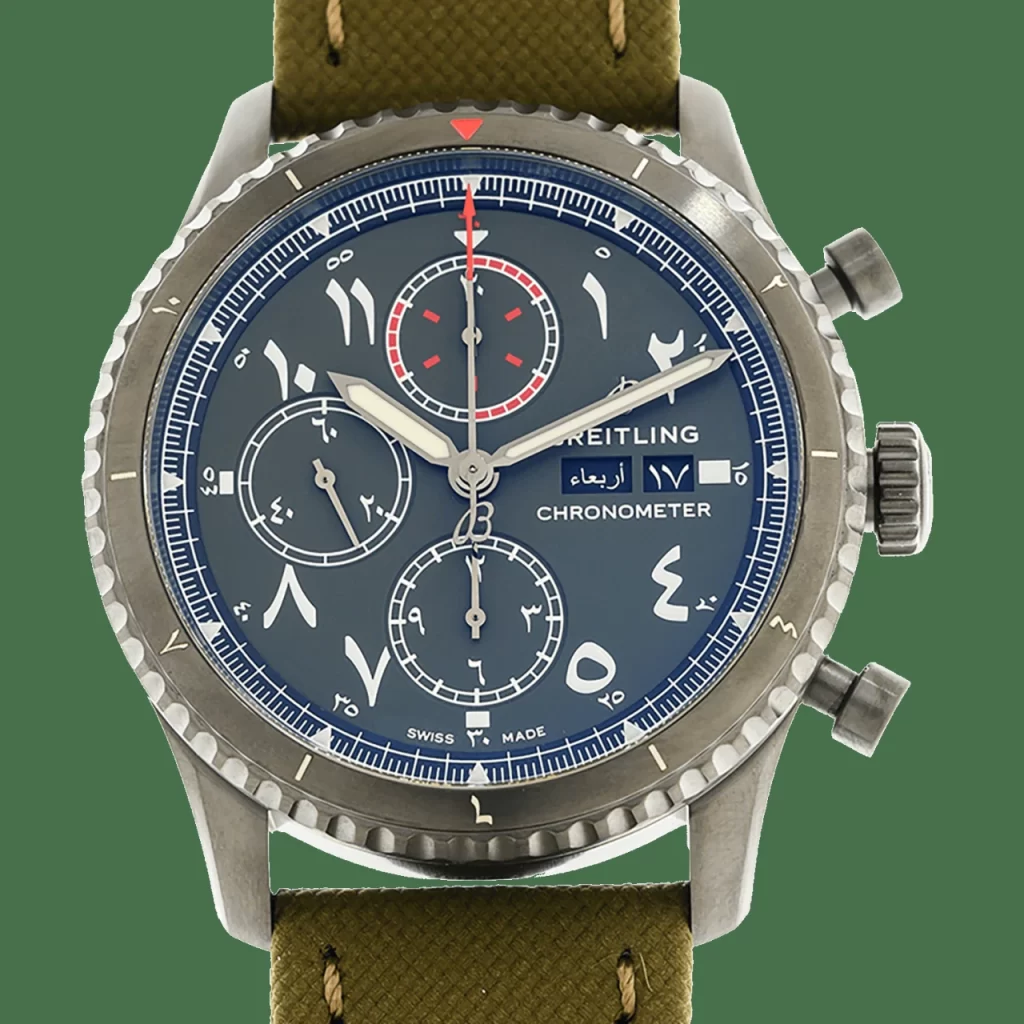
Additionally, the Swiss Made label comes with specific regulations. For example, at least 60% of the watch’s components must be manufactured in Switzerland, and the final assembly and inspection must occur there as well.
